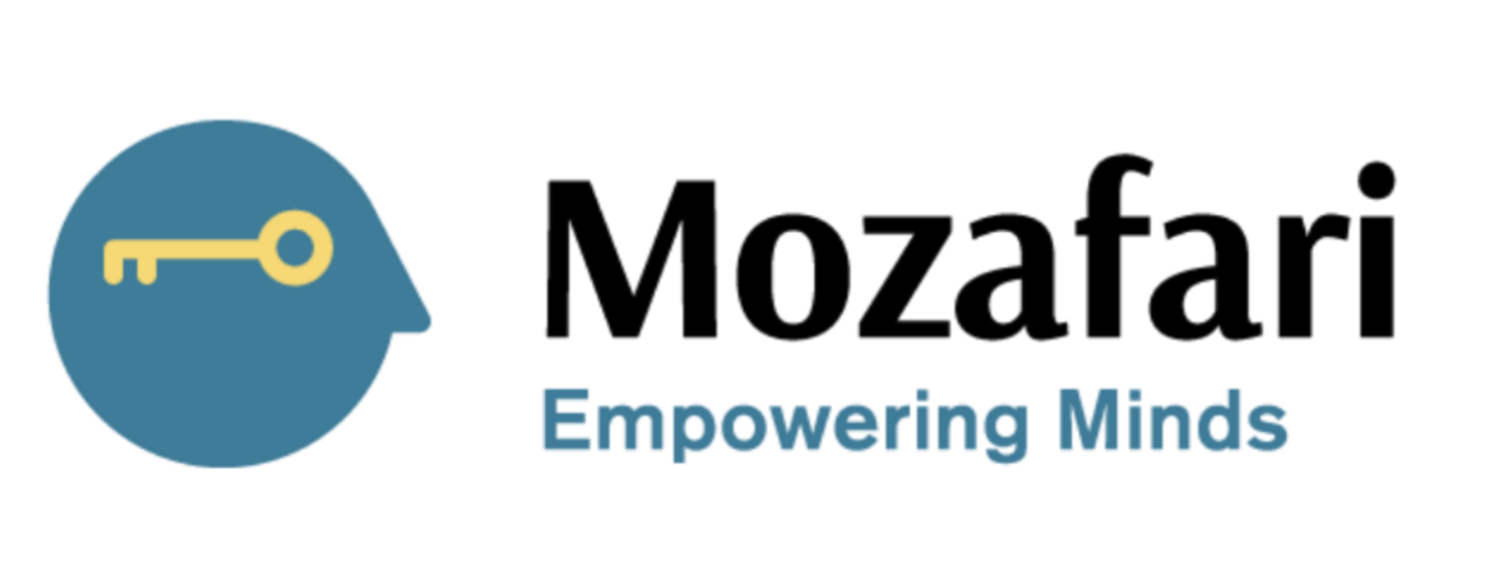THERAPEUTIC MODELS
PSYCHOANALYTIC PSYCHOTHERAPY
Psychoanalytic or psychodynamic psychotherapy is heavily influenced by psychoanalysis and analytical psychology. By means of illuminating one’s awareness of their inner world, this therapeutic model aims to help individuals with acute psychological disorders. Reasons as to why an individual may seek out psychoanalytic psychotherapy help include:
Eating disorders
Psycho-somatic conditions
Obsessional behaviour
Phobias
Underlying feelings of depression or anxiety
Difficulties in concentrating
Dissatisfaction at work
Inability to form satisfactory relationships
School or work phobias
Sleeping disorders
Issues stemming from both past and present complex, deep-seated and often unconsciously based emotional and relationship problems are explored in efforts to diminish symptoms and offer relief. The objective of psychoanalytic psychotherapy is to restore meaning and fulfillment in one’s life, their sense of well being and ability to manage their lives more effectively.
There is special emphasis on the relationship with the therapist in psychodynamic psychotherapy. The therapist provides a comforting, confidential and private environment in order to facilitate a process where unconscious patterns of the client’s inner world become reflected in the client’s relationship with the therapist – this is generally called transference. This process assists clients in identifying patterns and, in becoming conscious of them, to develop the capacity to understand and change them.
Considering her eclectic and interdisciplinary background, Mozafari uses a variety of therapeutic models. During the assessment, planning, intervention, review and evaluation of any given case, Mozafari uses, but is not limited by, the following models:
THE PSYCHODYNAMIC APPROACH
The psychodynamic approaches and perspectives are adaptations of psychoanalytic theory in therapy. As a result, the psychodynamic approach used by Mozafari zeroes in on interactive psychological forces that affect personality and underlying motives of human behavior. An example of the incorporation of psychodynamic theory can be seen in the psychosocial approach known as “person-in-situation”. Combining the client’s internal strength and the resources in the environment, Mozafari works with the client to determine appropriate treatment objectives and procedures to improve both the client’s personal and interpersonal functioning.
THE PROBLEM SOLVING SOCIAL CASEWORK APPROACH
This approach examines the “4 Ps”: person, problem, place and process. Mozafari examines the client or ‘person’ and intends to investigate the various dimensions of the whole person (e.g. physical, emotional, social, economic, and spiritual) related to or affected by his/her problem, concern or situation. The ‘problem’, or the client’s concern, will be examined by looking at its cause, intensity, frequency and duration. The ‘place’ is where the work is being done; Mozafari recognizes the importance that a client assigns to his or her involvement with a practitioner or agency. Therefore, a referral to another practitioner or agency will be made if the alternatives can address the client’s problems more effectively. The ‘process’ looks into what types of helping approach, method or technique the client finds acceptable. The client’s problems and the strenuous factors in their environment are assessed in order to find ways to increase coping capacity and overcoming barriers to solve problems. This approach does not place great emphasis on tasks accomplished, but rather concerns itself with seeing human life as a process of resolving life’s issues.
THE CRISIS INTERVENTION APPROACH
This approach assesses a client’s emotional responses to crises. It is a short-term model of practice that is designed to assist victims and survivors to return to their pre-crisis level of functioning. By establishing a rapport and a healthy interpersonal connection, Mozafari first attends to the client’s safety and feelings while identifying major problems and taking possible alternatives into consideration. In partnership with the client, an action plan with practical tasks will be developed and this will assist the client to readjust and interrupt events that disrupt normal functioning.
THE TASK-CENTERED APPROACH
This approach focuses on practical tasks that improve people’s capacities to deal with life’s difficulties pragmatically, with defined goals, tasks and time limits. Mozafari seeks to help clients resolve problems and develop the capacity to solve future problems through proper assistance. This approach draws attention to the problem at hand by clearly defining it and presenting it with a resolution that arises through actions. It is an exercise in empowering the individual by means of drawing attention to the client’s abilities and capacity to expose and address their own problems.
THE CLIENT-CENTERED APPROACH
Mozafari places great emphasis on the client as an active participant; it is of great importance to respect the client’s subjective experiences and maintain a level of openness and respect for the views that the client holds. Through this approach, empathy and understanding become key ingredients in neutralizing the client’s powerlessness. This sense of empowerment will help clients gain (and regain) control and influence over the course of their daily lives. Additionally, it is important to Mozafari that a client’s story should be told and heard. As a result, a focus on the client’s meanings, words and events will establish a collaborative relationship with the client. This approach, in tandem with a supportive environment, presents self-actualization as a goal of human existence that can be reached by allowing the client to grow and develop in and through therapy.
